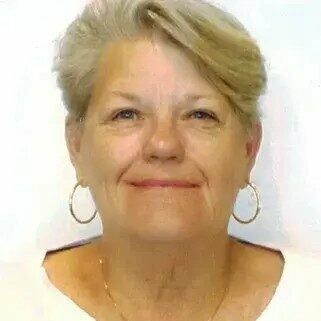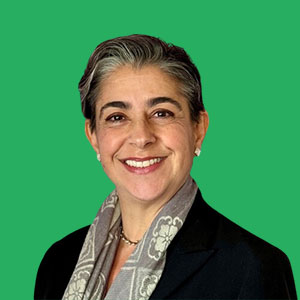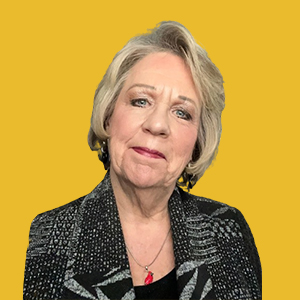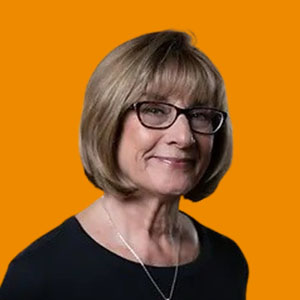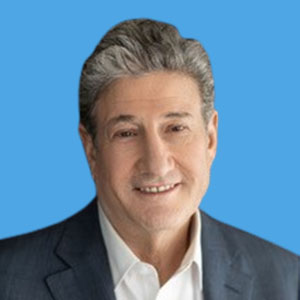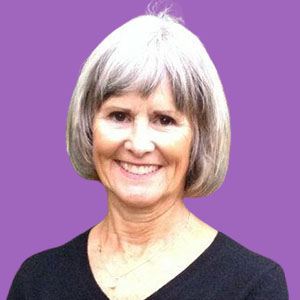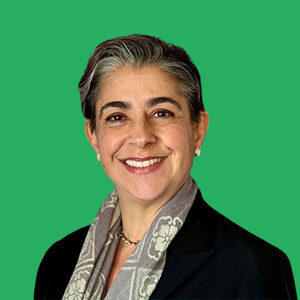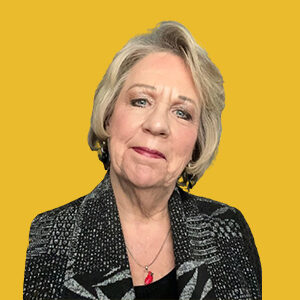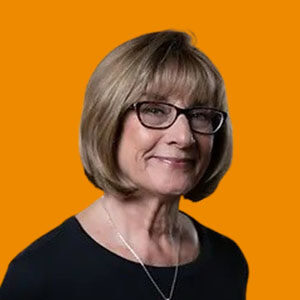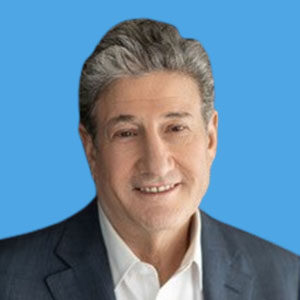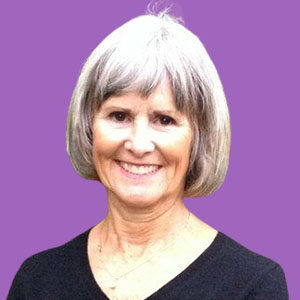Basic Training Emphasizing Treatment of Children and Adolescents
Expanding on the powerful content from EMDR Therapy Basic Training.
We are offering a very focused KIDS and TEENS-centric event, EMDR Therapy Basic Training with Supplemental Information for Children and Adolescents (Weekend 1 and 2).
EMDR Therapy Basic Training - Children and Adolescents Focus
This training is designed for licensed mental health practitioners who treat kids and teens in a clinical setting.
Through the use of children video sessions and client case examples, this training will highlight how to use EMDR therapy with developmentally appropriate adaptations for kids and teens, while also including information for use with adults. Upon completion of Weekend 1, Weekend 2 and the required 10 hours of consultation, clinicians will be able to treat children, adolescents, as well as adults, with EMDR therapy.
EMDR Therapy is a comprehensive psychotherapy that accelerates the treatment of a wide range of pathologies and self-esteem issues related to disturbing events and present life conditions. This interactional, standardized approach addresses a considerable range of presenting complaints for all ages, including PTSD, depression, anxiety, phobias, excessive grief, somatic conditions and addictions. As an integrative psychotherapy approach, EMDR is compatible with all contemporary paradigms including, psychodynamic, cognitive-behavioral, experiential, family systems, play therapy and sand tray.
EMDR therapy is guided by the Adaptive Information Processing model which addresses the unprocessed memories that appear to set the basis for a wide range of dysfunction. Since EMDR Therapy is a client centered therapy it is not only helpful with adults but is particularly useful with children and teenagers who may communicate more through actions than words.
Basic Training through the EMDR Institute -
How Our Program Works
Step 1: Understand what EMDR Training is
- EMDR therapy is a specialized approach that requires supervised training for full therapeutic effectiveness and client safety. The training consists of lectures, live, and video demonstrations, and supervised practice.
- The EMDR Institute is the original organization established by Dr Francine Shapiro in 1990. The curriculum is regularly updated and expanded to reflect current research and to meet the current needs of clinicians.
- This experiential training will familiarize participants with a broad spectrum of EMDR therapy applications sufficient for comfortable and efficient use with a wide range of patients and situations. Special attention will be given to the therapeutic needs of clients.
The EMDR Institute trainers are EMDRIA-approved.
Step 2: Make sure you are eligible
- Licensed Professionals: Medical doctors, advanced practice registered nurses with a specialization in psychiatric mental health, and mental health clinicians with a master's degree in a mental health field are eligible if they are licensed in their state or province.
- Pre-Licensed Professionals: Individuals pursuing a mental health license under a licensed supervisor with a master's degree in a mental health field are eligible.
- Graduate Students: Must be enrolled in a graduate program in a mental health field, have completed core coursework, and be in the practicum/internship phase under a licensed supervisor's guidance. First-year students are not eligible.
Those with only chemical dependency licenses are not eligible.
Step 3: Register for training
- Choose Your Track: Select from two Basic Training tracks. One is tailored for clinicians focusing on adults, while the other includes additional content for those working with children and adolescents.
- Plan Your Schedule: Aim for a 3-4 month gap between the first and second weekend trainings. This period allows you to complete the required 5 hours of consultation. A list of approved facilitators will be available during training and in the training manual. Note: Workshop fees do not cover case consultation costs.
Step 4: Take your training
- Training Schedule: Trainings are held from Friday through Sunday, providing a comprehensive learning experience across the weekend.
- Pre-Meeting for Weekend One: Attend a mandatory pre-meeting on the Tuesday before Weekend One to prepare for the upcoming training session.
- Consultation Requirement: Complete 5 hours of consultation between Weekend One and Weekend Two to reinforce learning and apply techniques. Consultation is about real cases. Participants must have current clients to participate in case consultation.
Step 5: Complete EMDR Training
- Complete Both Training Weekends: Attendance and completion of Weekend 1 and Weekend 2 Trainings are required.
- Required Reading: Engage with "EMDR: Basic Principles, Protocols, and Procedures" by Shapiro (2018) to grasp essential EMDR therapy concepts and techniques.
- Case Consultation Hours: Fulfill 10 hours of case consultation with an EMDR Institute Approved Consultant, divided into 5 hours before Weekend 2 and 5 hours following Weekend 2. Consultation is about real cases. Participants must have current clients to participate in case consultation.
EMDR Basic Training Highlights
Supervised small group practice on each training day
Physiological overview of trauma and the information processing system
Specialized history-taking to identify relevant experiences
Treatment planning to address past events, current triggers and future needs
Stabilization, preparation and resource development interventions
Addressing trauma, adversity, and other disturbing life events
How to work with simple and complex cases
Applications to combat trauma and first responders
Applications to addictions, grief, anxiety, and emotional reactions to illness and injury
Applications to recent events including natural and man-made disasters
Applications to family and couples therapy
Personal use for therapist to process vicarious traumatization
Video sessions and client case examples featuring kids and teens
Developmentally appropriate adaptations for kids and teens
Training Objectives
Learn from the Elite: EMDR Institute's Distinguished Faculty
Our faculty is comprised of internationally recognized speakers, published authors, and esteemed members of EMDR-focused associations.
They are experts in their fields and handpicked to teach at the EMDR Institute for their exceptional ability to deliver Dr. Shapiro's original, proven protocols with fidelity and engagement. Trainees consistently praise our programs, noting the seamless integration of EMDR into their professional practice, significantly enhancing and broadening the impact of their therapeutic work.
Who Is Eligible?
-
Licensed Professionals: Medical doctors, advanced practice registered nurses with a specialization in psychiatric mental health, and mental health clinicians with a master's degree in a mental health field are eligible if they are licensed in their state or province. Those with only chemical dependency licenses are not eligible.
-
Pre-Licensed Professionals: Individuals pursuing a mental health license under a licensed supervisor with a master's degree in a mental health field are eligible. This excludes those with only chemical dependency licenses.
-
Graduate Students: Must be enrolled in a graduate program in a mental health field, have completed core coursework, and be in the practicum/internship phase under a licensed supervisor's guidance. First-year students are not eligible. Required documentation for training registration may include transcripts and a letter from their supervisor.
Upcoming Trainings
Choose the time-zone that best fits your schedule. Register for upcoming trainings.
We offer two tracks of Basic Training. The first track is designed for clinicians who work primarily with adults. The second has supplemental information for clinicians who work with children and adolescents.

